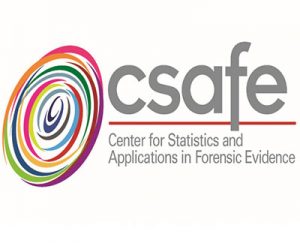The Texas Forensic Science Commission announced a statewide effort to review almost 25,000 convictions involving evidence of DNA “mixtures”–DNA samples from multiple sources–dating back to 1999, as reported on this blog in September. (The actual number of convictions ultimately in question may be twice that.) The review was prompted when the FBI moved to a more conservative estimate in calculating probabilities in mixed DNA samples. When prosecutors asked for retests in some old cases, they were shocked by the findings in some cases. In one case, the probability went from 1 in a billion to 1 in less than 100. Also in September, the Texas Criminal Justice Integrity Unit, headed by Judge Barbara Hervey (who is a member of the U.S. Forensic Science Commission), convened meetings of stakeholders to discuss the issue with Lynn Garcia, General Counsel of the state’s Forensic Science Commission. Since then, plans have been underway to organize the review. This week, the Texas District and County Attorneys Association (TDCAA) issued an update with guidance for how prosecutors with affected cases should give notice to inmates/parolees advising them that they can ask to have their DNA mixture analysis recalculated. The letter will include a form that the inmate/parolee can send to the “defense triage team” with a request for recalculation. The notice to prosecutors by the TDCAA also includes a link to this nifty flow chart showing how all the different actors in the state will work together to get the reviews done. The head of the defense team, Bob Wicoff, Chief of the Appellate Division at the Harris County (Houston) Public Defender’s Office, and I just co-authored a book chapter on this precise issue–systemic irregularities that put large numbers of convictions in question and how jurisdictions provide notice and, if appropriate, appointment of counsel. (Cambridge University Press will publish it in a forthcoming book on wrongful convictions that is the brainchild of Daniel Medwed at Northeastern University School of Law.) Texas has also conducted similar statewide reviews of arson convictions and convictions involving microscopic hair testimony, resulting in several exonerations.


Leave a Reply